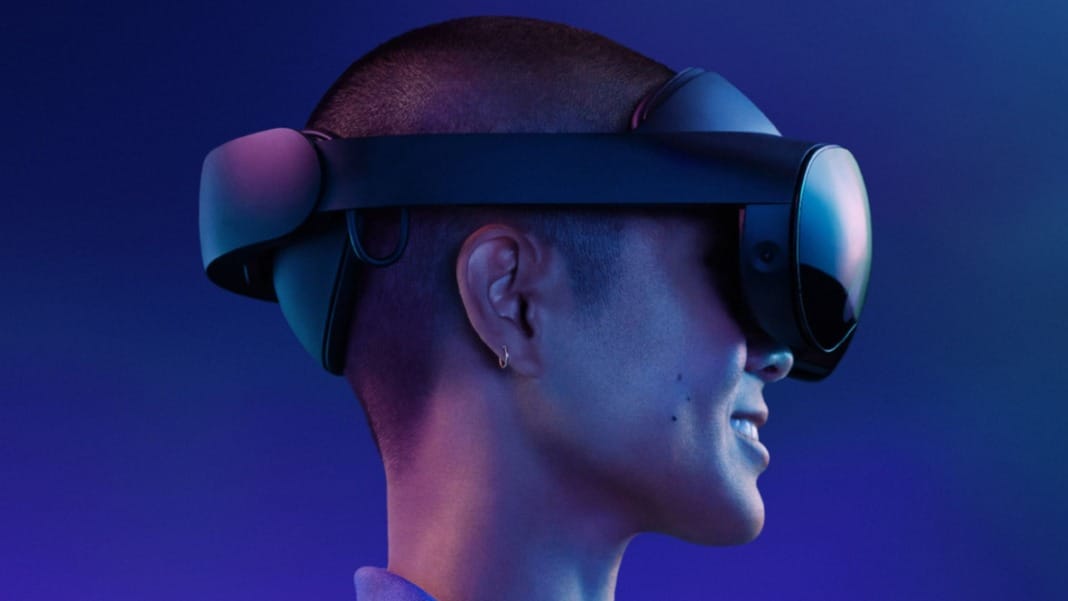Meta has taken a major step forward in expanding its offerings of Quest VR headsets. Until recently, the Meta app store mainly featured 3D and augmented reality (AR) apps. However, during the recent Meta Connect event, Horizon OS and Quest Vice President Mark Rabkin announced that the platform would fully support 2D and spatial apps. This marks a significant shift in Meta’s approach, making it easier for developers to bring a wider variety of apps to the VR platform.
New possibilities for developers
Previously, Meta’s app store followed an exceptionally curated approach, with only select apps available to users. The experimental “App Lab” section offered a limited space for developers to test apps before full release, but the overall focus was on 3D and AR experiences. Today, that changes. With the introduction of 2D apps, Meta is creating an environment similar to Apple’s App Store or Google’s Play Store, opening the door for developers to create and offer more smartphone- or tablet-style apps.
Meta has also confirmed that web apps will be supported. For instance, popular apps like The New York Times’ Wordle, recently launched for Quest headsets, are now Progressive Web Apps (PWA). This means users can interact with these apps as they would on a web browser but within their VR headset.
As App Lab is being phased out, developers can directly introduce their apps to the Meta app store. This will bring more variety to the Quest platform, making it more appealing for gaming and everyday app use.
A more flexible user experience
Alongside introducing 2D apps, Meta has rolled out several new features to enhance the user experience. Quest users will now have the ability to place apps anywhere they choose within their virtual environment. You can adjust the size of each app window and even open up to six apps simultaneously. This offers users a more customisable and fluid experience, allowing them to multitask more efficiently.
These updates are designed to mimic features that Apple introduced with its Vision Pro headset, which supported years of iPad and iPhone apps right from the start. With this in mind, it seems Meta is taking a leaf from Apple’s book, recognising the potential to integrate more traditional apps into its virtual space.
Another key feature is opening 2D apps inside an immersive VR app. This allows for seamless transitions between different types of content, improving the overall usability of the platform. Whether deep in a VR game or exploring a virtual world, you can quickly check messages, browse the web, or perform other tasks without leaving the virtual environment.
Meta’s strategy to stay competitive
These moves show Meta’s commitment to keeping its VR platform competitive in a rapidly evolving tech market. Apple’s Vision Pro has introduced several innovations that challenge Meta’s position in the VR space. By expanding its app store to include 2D apps and adding more flexibility for users, Meta aims to stay ahead in the race for VR dominance.
Meta sees the future of VR as more than just gaming and AR. By welcoming a wider variety of apps, the company is positioning its Quest headsets as versatile devices catering to a broader audience. Whether you’re using your headset for entertainment, work, or casual browsing, the ability to switch between 2D and 3D experiences will offer a more integrated experience.
These changes will likely attract a new wave of developers and users eager to explore Meta’s platform’s growing possibilities. As Meta continues evolving its VR ecosystem, it’s an exciting time for developers and consumers.
Meta’s VR app store now supports 2D and web apps, offering more flexibility and welcoming a more comprehensive range of apps. The Quest platform is evolving to allow multitasking and a better user experience, making it a strong competitor in the VR market.





